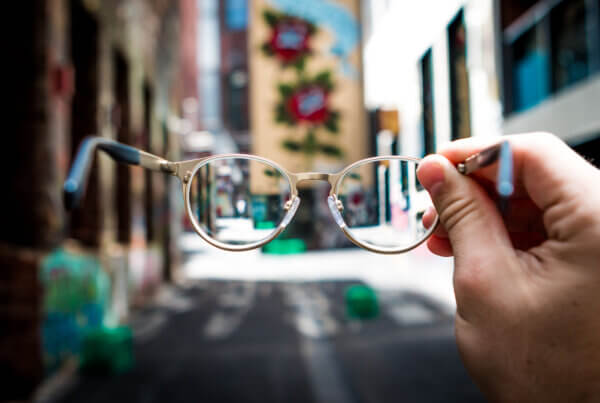1. Do You Have Dry Eye After Post-Refractive Surgery?
While dry eyes and eye surgery are two different topics, sometimes patients find that they experience co-occurring symptoms after certain treatments. For example, you might notice dry eyes after refractive surgery. You might require a few small treatments for dry eyes to ensure your comfort during your recovery time.
2. Eye Surgery is Common
Various types of refractive surgery can be used to reduce or eliminate a patient’s dependence on glasses or contact lenses. If you have a refractive error, such as farsightedness, nearsightedness, presbyopia, or astigmatism, then you can use corrective lenses to improve your vision.
Surgical procedures like LASIK or PRK can be done to reshape the cornea, which changes the way the eye focuses. While these surgeries are common and pretty straightforward, it isn’t risk-free to have surgery on your eyes. Potential complications can arise after the surgery, although the risk of complications is quite low.
3. Post-Surgery Dry Eyes
It isn’t fully understood why many people experience dry eyes after surgery. Even if you don’t normally suffer from dry eye symptoms, it is possible that you might experience a bit of discomfort after the surgery.
It’s no surprise that creating inflammation in the eye by reshaping the cornea could have an impact on the moisture of the eyes. Some of the nerves will be affected. Even though the nerves don’t impact your vision, the surgical treatment can affect the communication between the cornea and tear glands. The eyes need time to heal after the surgery is complete. Most people return to normal quickly.
4. Symptoms of Dry Eye after Eye Surgery
During this recovery period after eye surgery, patients sometimes complain about common symptoms:
- Dry eyes
- Ocular irritation
- Discomfort
- The sensation of something in the eye
Dry eye symptoms are expected as part of the healing process. So, part of the standard care after eye surgery is to treat patients for dry eye symptoms. For some patients, surgery exacerbates dry eye symptoms that were pre-existing. For other patients, surgery induces dry eye symptoms. Leaving the dry eye symptoms untreated could have a negative impact on recovery time and visual outcomes after the surgery.
5. What to Do About Dry Eye After Refractive Surgery?
If you are experiencing these symptoms, then the best thing that you can do is talk to your eye doctor to identify the right treatment plan for your needs. Sometimes, it might make sense to adjust medication frequency or dosages if the anti-inflammatory drugs are increasing the dry eye problems.
Topical treatments can be used to reduce irritation and discomfort. The most common solution is to use artificial tears, which might include extra ingredients to soothe and lubricate the eyes. Gels and ointments are recommended at times, as well as other oral medications as required.
6. Personalized Eye Care from Vision Boutique
At Vision Boutique, we want to help you in maintaining healthy, comfortable eyes throughout your life. Contact us any time if you need personal recommendations for dry eyes or eye surgery treatments.






